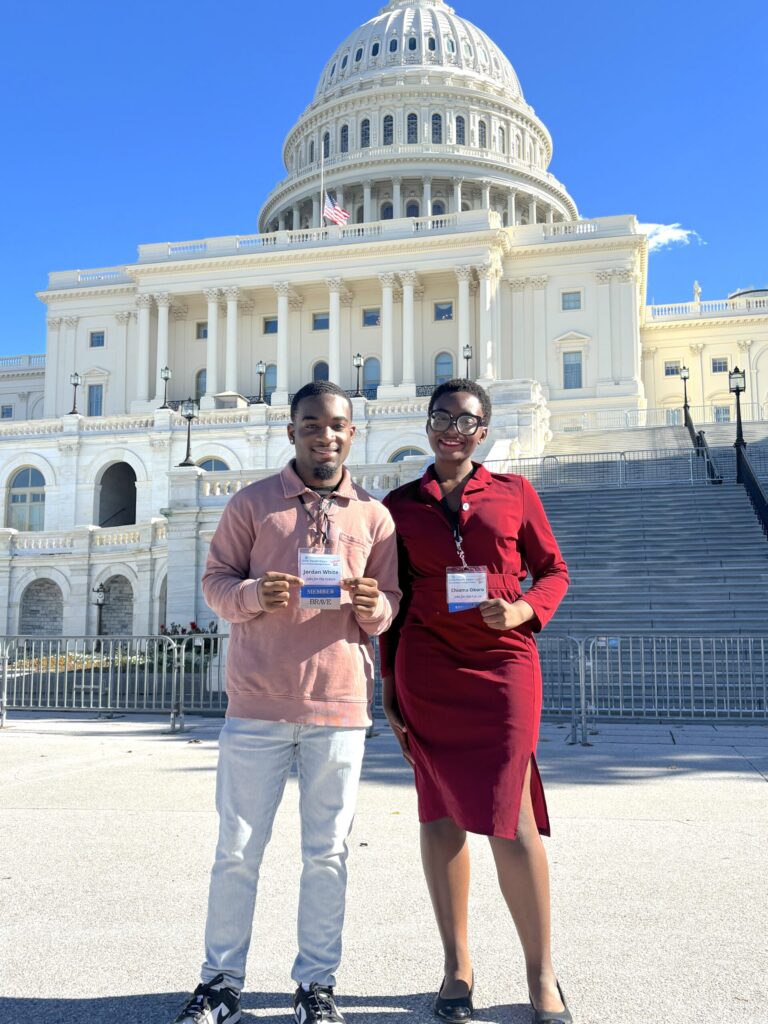Fall is here, and school is back in session across the US. Earlier this summer, I had the chance to conduct a focus group with school counselors from across the nation who were attending the American School Counselor Association Annual Conference. These dedicated counselors work with high school students every day, and they offered important real-world insights into what guiding young people through education and career planning looks like in 2025.
They are on the front lines of a generation of young people who are anxious, apprehensive, and at times feeling lost about planning out their education and career pathways. The reasons for this are multifaceted—counselors cited rising mental health challenges in this generation, economic anxiety and a softening labor market, competitive college admissions, and lingering impacts from how the pandemic impacted the lives of this generation. But regardless of the reason(s), counselors are increasingly faced with young people who are worried about their future. Counselors also shared that they sometimes encounter “magical thinking” from both students and parents and emphasized how important it is to work together as a team to identify a realistic, achievable plan for students as they move from high school to post-high school life.
When it comes to postsecondary planning, they spend most of their time working with students around traditional two- and four-year college pathways, but see a need for—and wish—they could better support young people with other pathways. Counselors reported spending 70-80% of their postsecondary planning conversations talking with students about college. However, they shared that students pursuing other pathways—one counselor gave an example of an apprenticeship-bound young person—often need just as much, if not more, support to navigate that journey. Counselors shared that diverse pathways, including heading straight into the workforce, the military, and non-degree credential programs, were increasingly of interest to young people and that for many, this interest manifests late in the game, just as graduation is approaching, which can make providing school counselor-based support challenging.
Counselors are creative and resourceful in how they help young people gain exposure to and explore careers. From securing grant funding to rent a bus to take students in a rural district to an employer network that spans hundreds of miles to offering (sometimes even requiring!) that students take an employment readiness and career exploration course, counselors recognize the importance of helping students learn about different careers. Counselors also talked about the importance of helping all students—even those who might strongly identify as “college-bound”—participate in career exposure and exploration activities. One counselor shared how her district in Georgia held joint, required college and career fairs to ensure that all students saw a breadth of options.
Counselors have their own back-to-school wish list that includes many promising practices and policy ideas that could help more young people explore and pursue education and career journeys that lead to bright futures. On their list:
- Requirement that all students in grade 9 take an employment-focused class where they learn durable skills, explore careers, and develop foundational skills such as writing a professional email and communicating with employers
- More flexible school day schedules for older students to allow for participation in internships and other work-based learning opportunities
- A career and college specialist staff position that is a member of the high school counseling team to ensure dedicated support for robust postsecondary planning
- Dedicated state funding for career navigation within high schools
- A regional consortium of business and industry leaders that work together to proactively partner with high schools
Looking ahead, the ASA Center for Career Navigation at JFF staff appreciate the opportunity to continue to engage and partner with practitioners to strengthen access to high-quality education and career guidance for young people across the nation. To stay engaged with us in this important work, consider applying to join our Career Navigation Stakeholder Network.






